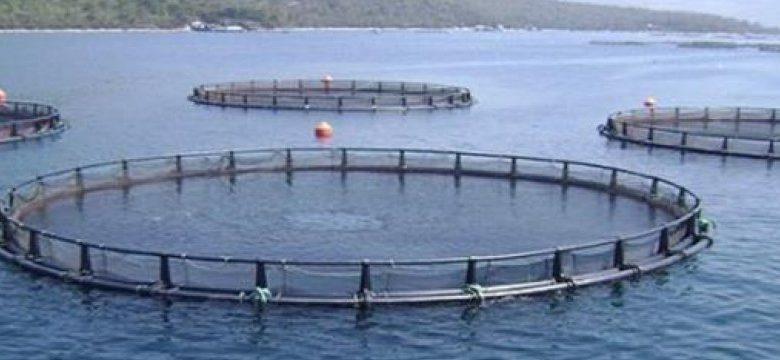Africa-Press – Tanzania. THE government has confirmed that there are currently no scientifically proven negative impacts from cage fish farming in the country.
Deputy Minister for Livestock and Fisheries, Mr Alexander Mnyeti, gave the assurance in the National Assembly yesterday in response to a question from Ukerewe MP, Mr Joseph Mkundi (CCM), who asked about the scientific effects of cage aquaculture.
Mr Mnyeti attributed the absence of negative impacts to the government’s strict adherence to legal and technical standards in selecting suitable aquaculture sites.
“These areas are chosen based on scientific research and Environmental and Social Impact Assessments conducted by the ministry through the Tanzania Fisheries Research Institute (TAFIRI),” he said.
He further noted that cage fish farmers receive training on best practices, including the use of quality feed, breeding location-specific indigenous fingerlings, and disease management.
The deputy minister noted that cage fish farming has delivered significant benefits in countries such as Egypt, Uganda, and Zambia, where it has substantially increased fish production.
However, he cautioned that improper implementation could result in environmental degradation and genetic pollution.
“To mitigate this risk, the ministry continues to build capacity and monitor compliance with all relevant regulations and guidelines to promote sustainable aquaculture,” he said.
In a supplementary question, MP Mkundi sought clarification on how the government ensures close supervision to prevent environmental harm.
Mr Mnyeti explained that cages are installed in nonbreeding zones, allowing natural spawning to continue uninterrupted.
“This strategic approach has contributed to the steady growth in fish production,” he added.
Mr Mkundi also raised concerns over marketing challenges faced by some farmers due to increased production.
In response, Mr Mnyeti said the government is prepared to link these farmers with large-scale traders.
“Despite local issues, national fish demand still exceeds supply. The problem may lie in farmers’ access to market networks, and we are committed to helping bridge that gap,” he said.
Special Seats MP Ms Esther Bulaya (Chadema) suggested that the government also support farmers in forming cooperatives to access modern fishing equipment.
In response, Mr Mnyeti noted that the government had already distributed cages and fishing boats around Lake Victoria.
“We began with Geita, moved to Mwanza, and are now heading to Bunda District as part of the second phase,” he said.
For More News And Analysis About Tanzania Follow Africa-Press







